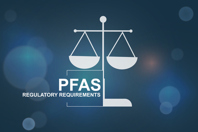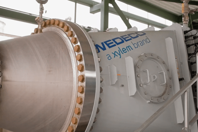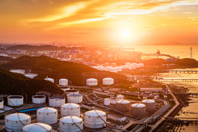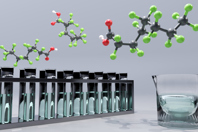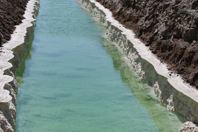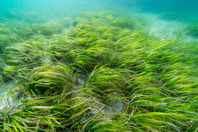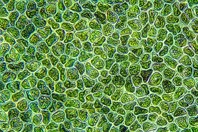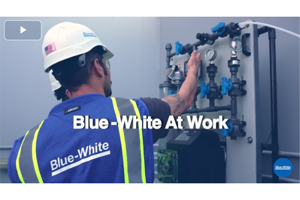SOURCE WATER RESOURCES
-
Around the world, rivers are no longer changing gradually. Rather, they are being increasingly transformed by extreme climatic events such as floods, droughts, and heatwaves. A newly published global review finds these events are pushing ecosystems beyond their limits and eroding biodiversity and core functions.
-
The U.S. EPA is testing a new procedural strategy to remove four PFAS drinking‑water limits from ongoing litigation, asking the D.C. Circuit Court of Appeals to invalidate those limits on the grounds that the EPA itself committed a procedural misstep when issuing the 2024 PFAS rule.
-
Transitioning to advanced purification methods like UV-hypochlorite oxidation allows municipalities to secure reliable, local water supplies. These strategies mitigate drought risks and protect coastal environments by transforming wastewater into a high-quality resource for reuse.
-
With the rise of water scarcity, environmental regulations, and corporate sustainability mandates, produced water treatment has become a strategic imperative for industries far beyond oil and gas. It is one of the fastest-growing segments in the water treatment industry, which has emerged as an amalgamation of environmental stewardship, regulatory compliance, and technological innovation.
-
Despite renewed public concern over fluoride and cognition, the National Toxicology Program’s findings focus on high‑fluoride groundwater conditions — not the controlled levels used in U.S. drinking water systems. Understanding that distinction is critical for utilities navigating policy questions and community expectations.
-
When it comes to drinking water, sound public policy requires sound scientific research. Publication in a prestigious, peer-reviewed journal helps establish legitimacy for scientific claims in public discourse. But science is a social process, scientific standards of evidence vary across disciplines, and peer review does not guarantee validity. For readers who stop at the abstract, these distinctions can be easy to miss.
-
People around the globe are trying to figure out how to save, conserve, and reuse water in a variety of ways, including reusing treated sewage wastewater and removing valuable salts from seawater. But for all the clean water they may produce, those processes leave behind a type of liquid called brine. I’m working on getting the water out of that potential source, too.
-
In this article, Lance Thibodeaux, division manager for the Terminal Island water reclamation division at LA Sanitation and Environment, describes Terminal Island’s industry leading water reuse program and its long-time partnership with Xylem.
-
Restoring eelgrass beds is critical because they provide habitat for many kinds of marine life, improve water quality by filtering out pollution, and the plant’s root system stabilizes the sediment on the seafloor, protecting shorelines from erosion.
-
Effective algae control shifts the focus from removal to nutrient management. By leveraging bioaugmentation to outcompete algae for nitrogen and phosphorus, facilities can stabilize pH levels and dissolved oxygen, ensuring long-term pond clarity and consistent wastewater treatment performance.


